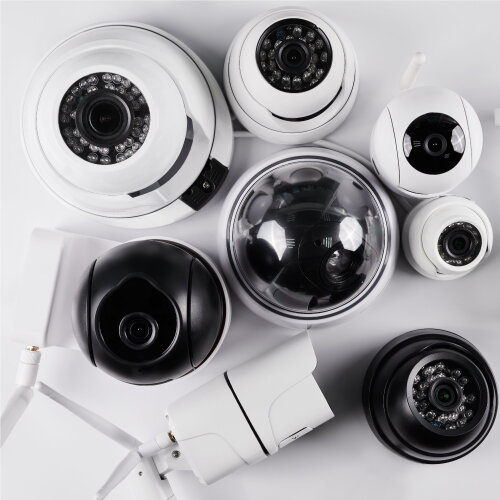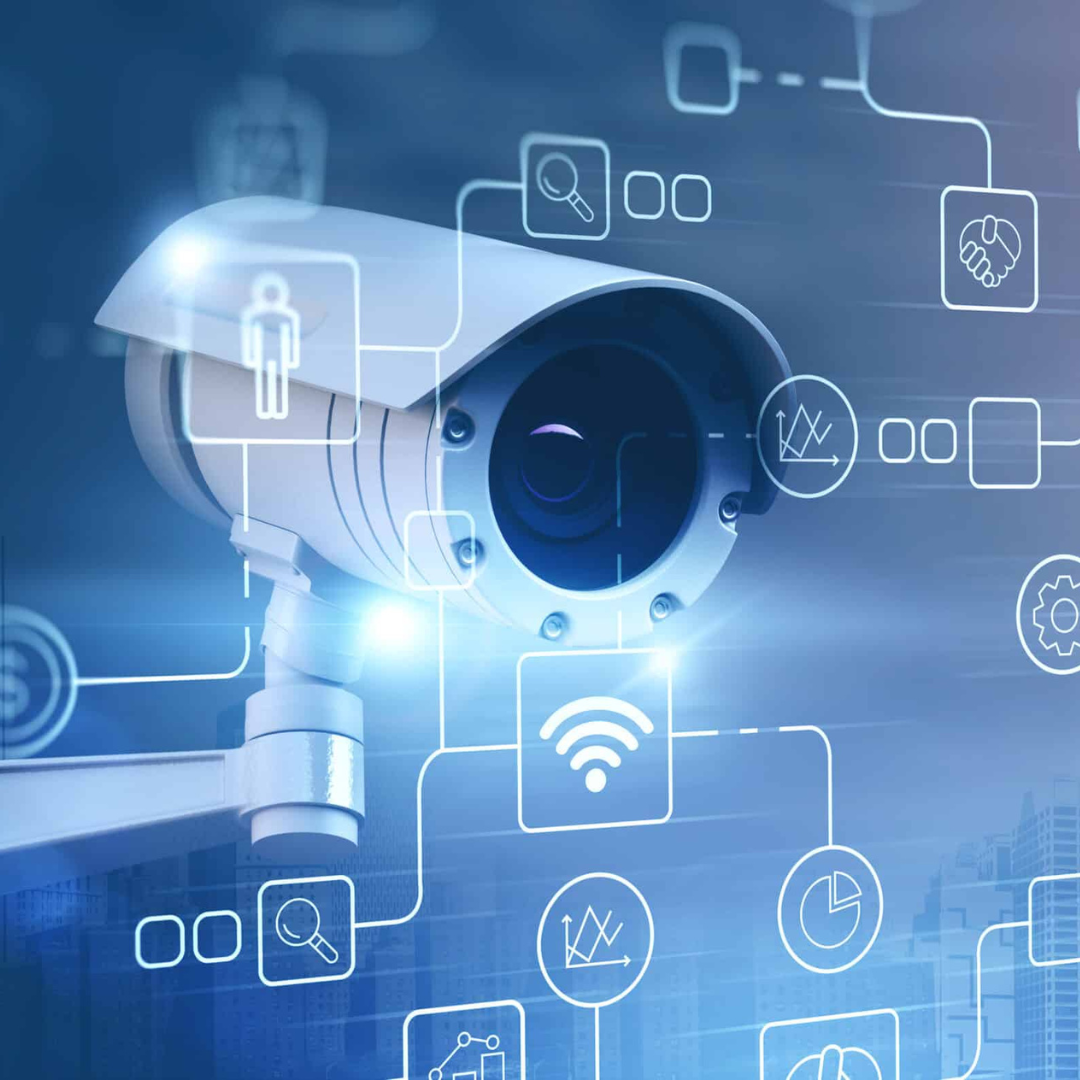CCTV vs. IP Security Camera Systems: A Comprehensive Comparison
2023-11-06 16:12:39

When it comes to ensuring the security of your property or business premises, the choice between Closed-Circuit Television (CCTV) and Internet Protocol (IP) security camera systems is a crucial one. Both options offer surveillance and monitoring capabilities, but they differ in technology, features, and cost. In this comprehensive comparison, we will explore the key differences and advantages of CCTV and IP security camera systems to help you make an informed decision.
Understanding CCTV Camera Systems
1.1 What is CCTV?
CCTV stands for Closed-Circuit Television, and it consists of analog cameras that transmit video signals to a limited number of monitors and recording devices. CCTV systems have been a traditional choice for surveillance.
1.2 Key Characteristics
CCTV cameras are hardwired, often connected via coaxial cables, and typically require a DVR (Digital Video Recorder) for video storage. They are known for their reliability and longevity.
Unpacking IP Camera Systems
2.1 What are IP Cameras?
IP cameras, or network cameras, use Internet Protocol to transmit digital video data over an Ethernet network or the Internet. They have gained popularity due to their advanced features and flexibility.
2.2 Key Characteristics
IP cameras can be wired or wireless and are known for their high-resolution video quality, scalability, and the ability to store data directly on the network.
A Comparative Analysis
3.1 Video Quality
IP cameras excel in this category, offering high-definition video, sometimes even up to 4K resolution. CCTV cameras provide standard-definition video, which may not capture fine details as effectively.
3.2 Installation and Scalability
CCTV systems are relatively straightforward to install and maintain, while IP systems can be more complex due to network configuration. However, IP systems are highly scalable, allowing for the addition of cameras without significant infrastructure changes.
3.3 Remote Access
IP cameras have a significant advantage in remote access. Users can view live feeds and recorded footage from anywhere with an internet connection. CCTV systems require specialized equipment for remote access.
3.4 Cost
CCTV systems are often more cost-effective in terms of camera hardware and initial setup. IP systems may have a higher initial investment but can provide long-term cost savings due to their advanced capabilities.
3.5 Flexibility and Features
IP cameras offer a wide range of features, including motion detection, audio recording, and intelligent analytics. They can also integrate with other devices and software, such as access control systems. CCTV cameras have limited functionality in comparison.
3.6 Reliability
CCTV cameras are known for their robustness and resistance to network-related issues. IP cameras may be vulnerable to network outages, but advancements in technology are improving their reliability.
Making the Right Choice
4.1 Consider Your Needs
Assess your specific security requirements, such as resolution, scalability, and budget, before making a decision. If you need high-resolution video and advanced features, IP cameras may be the better choice.
4.2 Integration
Think about how the chosen system will integrate with your existing security infrastructure, such as alarms, access control systems, and video management software.
4.3 Long-term Goals
Consider your long-term security goals. If you plan to expand your system or add advanced features over time, an IP camera system may be more suitable.
4.4 Maintenance and Support
Think about your ability to maintain and support the chosen system. CCTV systems are often easier to manage for those with limited technical expertise.
Conclusion
The choice between CCTV and IP security camera systems ultimately depends on your unique security needs and objectives. Both systems have their advantages, and the decision should align with your budget, technical capabilities, and future plans.
In a rapidly evolving technological landscape, IP camera systems are gaining prominence for their advanced features, high-resolution video, and remote accessibility. However, CCTV systems continue to be a reliable and cost-effective choice, particularly for businesses with simpler security requirements.
Whether you opt for the traditional reliability of CCTV or the cutting-edge capabilities of IP cameras, the key is to implement a system that effectively safeguards your property and provides peace of mind for your security needs.


